South Korea Internet Censorship extended: How can a VPN help
Stop monitoring and censorship with well encrypted VPNs
6 min. read
Updated on
Read our disclosure page to find out how can you help Windows Report sustain the editorial team. Read more
Key notes
- Whether you're visiting or living in South Korea, using a VPN will help you bypass restrictions.
- Currently, millions of South Koreans rely on VPN services to keep their online identity anonymous.
- Encrypting your connection and anonymizing your identity aren't the only things a VPN can do.
- See why you should use a VPN in South Korea and check our top picks for the best online privacy.

Whether you’re simply visiting South Korea or are currently living there, keeping your online activities private and away from prying eyes should be a priority to you.
Currently, millions of South Koreans rely on VPN services to keep their online identity anonymous.
However, encrypting your connection and anonymizing your identity aren’t the only things a VPN can do for you.
It’s well-known that certain countries, including South Korea, apply Internet censorship. As a result, you can’t access certain websites or online services without proper tools.
A few examples of content that’s downright banned in South Korea are pro-North-Korea and pornography websites.
South Korea Internet censorship
Due to various acts, bills, legislation, and reforms, South Korea has undergone various stages of Internet censorship. A legal body was created and allowed to monitor the Internet, in order to identify and remove certain content easily.
Several foreign websites were blocked, and users who made unlawful statements were criminally prosecuted. Gradually, more and more websites were censored, and the ICEC (Internet Communications Ethics Committee) engaged in even more advanced monitoring.
One of the reasons behind these censorship actions was the increasing number of cyberbullying cases.
A few years later, the KCSC (Korea Communications Standards Commission) agency was created in order to replace the ICEC.
Subsequently, a law was passed that required websites with more than 100,000 visitors to force their users to register using their social security numbers and real, full names.
Nowadays, reportedly South Korea uses SNI (Server Name Indication) snooping to restrict HTTPS website access.
Are VPNs legal in South Korea?
To put it shortly, yes, you can use VPNs in South Korea as they’re 100% legal, so if you’re wondering if South Korea allows VPNs, the answer is yes.
This can come as a surprise, considering that South Korea has strict Internet laws and actively engages in heavy Internet censorship.
Ranging from blocking harmful, subversive content, the KCSC agency also monitors online messages and removes unlawful ones.
Allegedly, the KCSC agency is also allowed to suspend your right to post on the web for 30 days if a complaint is filed, so there’s that.
Do I need a VPN in South Korea?
If you’re within South Korea, your ISP might block your attempts to access certain websites or online services. Normally, all your web traffic goes through your ISP’s servers.
Your ISP can see and log everything you do online, which is not exactly ideal, considering that they can hand over the data they have on you if the need arises.
What a VPN does is grabs all your traffic and route it through its own set of private servers. Additionally, it encrypts all of your communications, so even if someone intercepts your connection, they can’t do much with the data they gather.
Last, but not least, a VPN changes your IP and spoofs your location, so that it appears you’re somewhere else.
When you connect to a VPN server, you get assigned a new IP address, and DNS, along with all the metadata that points to your virtual location.
So, to put it shortly, that’s what a VPN offers you: privacy, security, and block circumvention.
How do I get a Korean IP address?
If you live outside South Korea but would like to connect to a Korean IP address, your best bet is to use a VPN.
There are certain benefits that come with using a South Korean IP address, like being able to keep in touch with your local websites even when traveling abroad.
A VPN with South Korean servers can also allow users all around the world to access geo-locked content like Netflix and other similar platforms.
Which VPNs work in South Korea?
ExpressVPN – fastest protocols
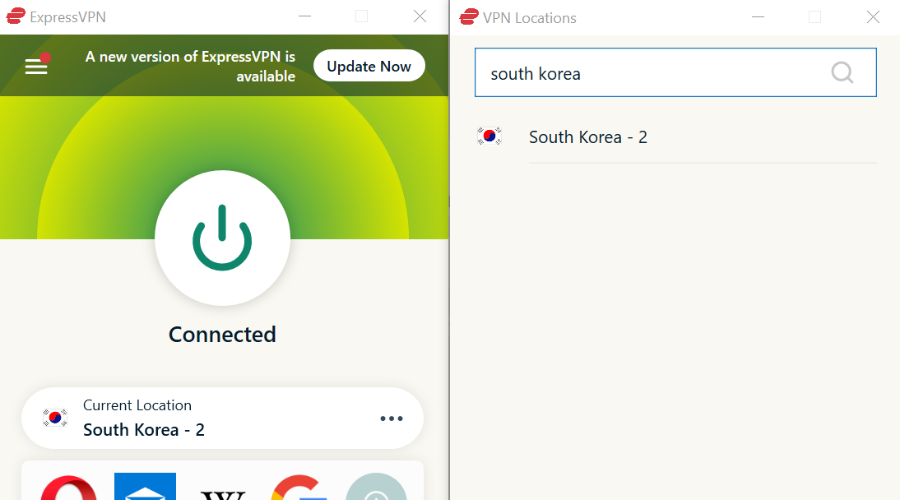
ExpressVPN has thousands of servers all around the world, covering 94 different countries, including South Korea.
It uses military-grade encryption and powerful and modern VPN protocols to make sure you can access South Korean platforms from abroad without being detected.
The VPN keeps no user activity logs and has a secure killswitch. These along with the encryption ensure your activity online stays private. Your South Korean ISP or anyone for that matter won’t be able to track you.

ExpressVPN
Encrypt traffic for unrestricted and private browsing in South Korea and beyond!NordVPN – dedicated IP address for South Korea
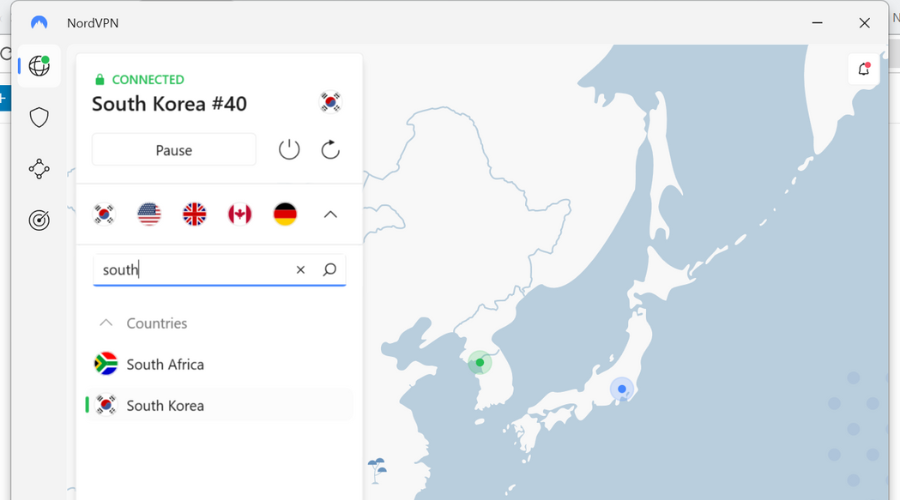
NordVPN ensures unbreakable encryption and privacy. It has 60 virtual server locations in South Korea, and 5500+ servers worldwide.
It gives you the possibility to browse both locally and internationally without being monitored in any way.
On top of that, NordVPN lets you add your own dedicated South Korean IP address to your plan. That will be only linked to your account and not used by other NordVPN subscribers.

NordVPN
Protect your private information and lift censorship with this reputable VPN for South Korea!Surfshark – great for streaming
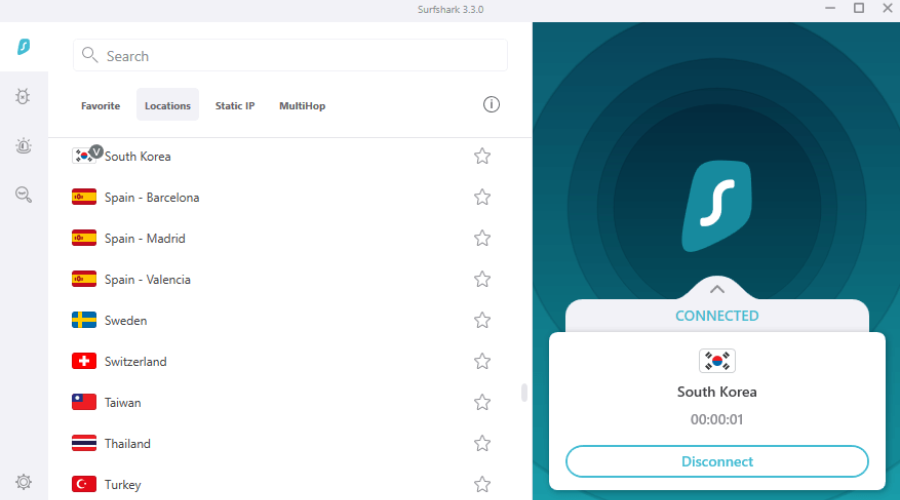
Surfshark lets you bypass online censorship by connecting to its encrypted servers located in 99 countries, including in South Korea, specifically in Seoul.
The VPN lets you get a dedicated IP as well and can help you access Korean content from home and when traveling, and also unlock international platforms like Netflix UK .
It uses AES-256-bit encryption and offers unlimited bandwidth. Surfshark can offer high-quality streaming on EBS TV, JTV, SBS TV, and HBO Asia, just to name a few.

Surfshark
Unlock restricted platforms, encrypt your data, and boost your connection with Surfshark VPN!These VPNs have virtual servers, which means they are not physically located in South Korea. What this means for your privacy is that they don’t have to any internal South Korean Internet regulations.
Simply put, they can’t be forced to monitor you by the law. So your traffic is truly encrypted and not logged.
A VPN can also help you increase Internet speed and improve gaming quality by fixing common latency issues like high ping and lag.
Let us know which VPN you use in South Korea and what your experience with fighting online censorship has been so far.



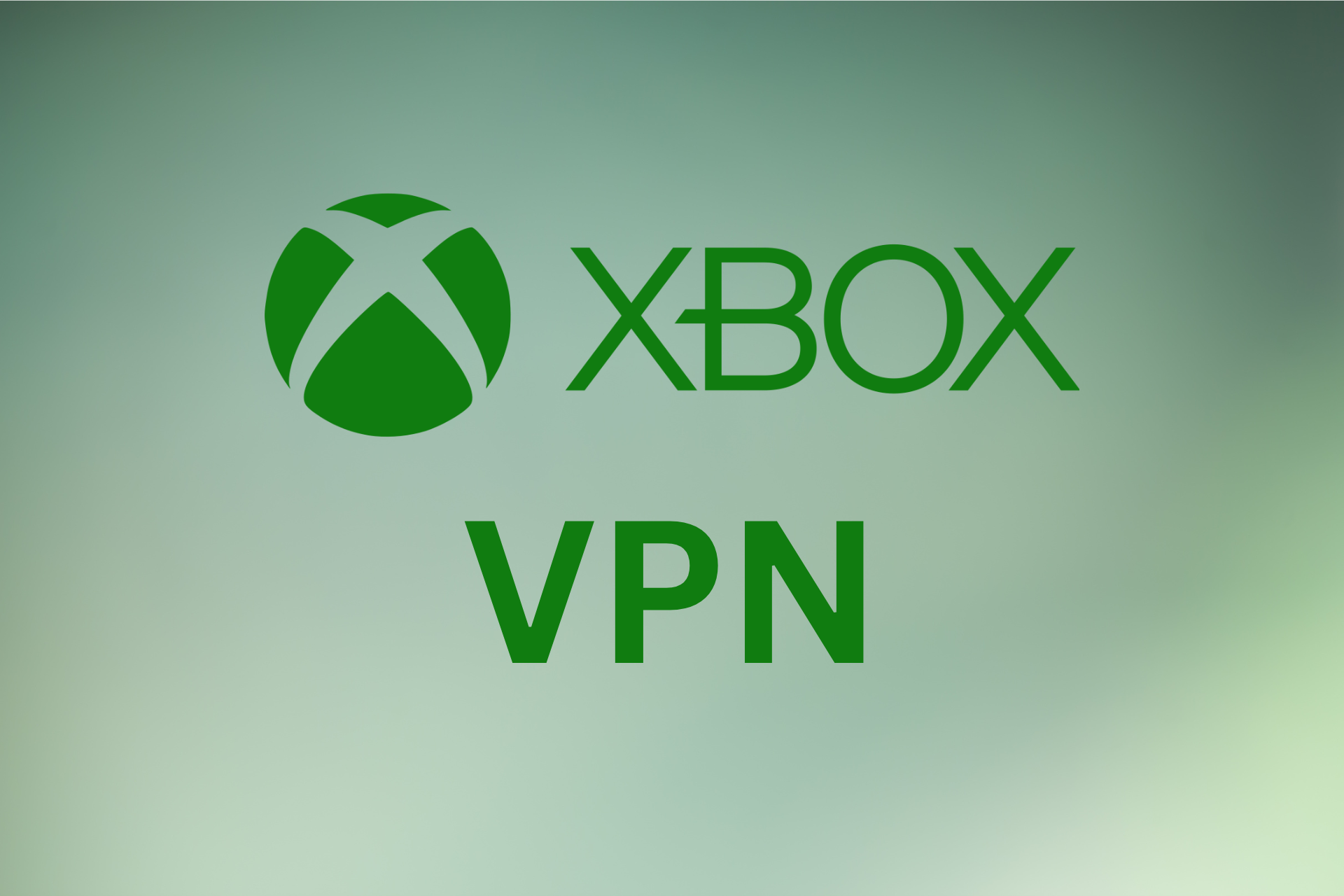
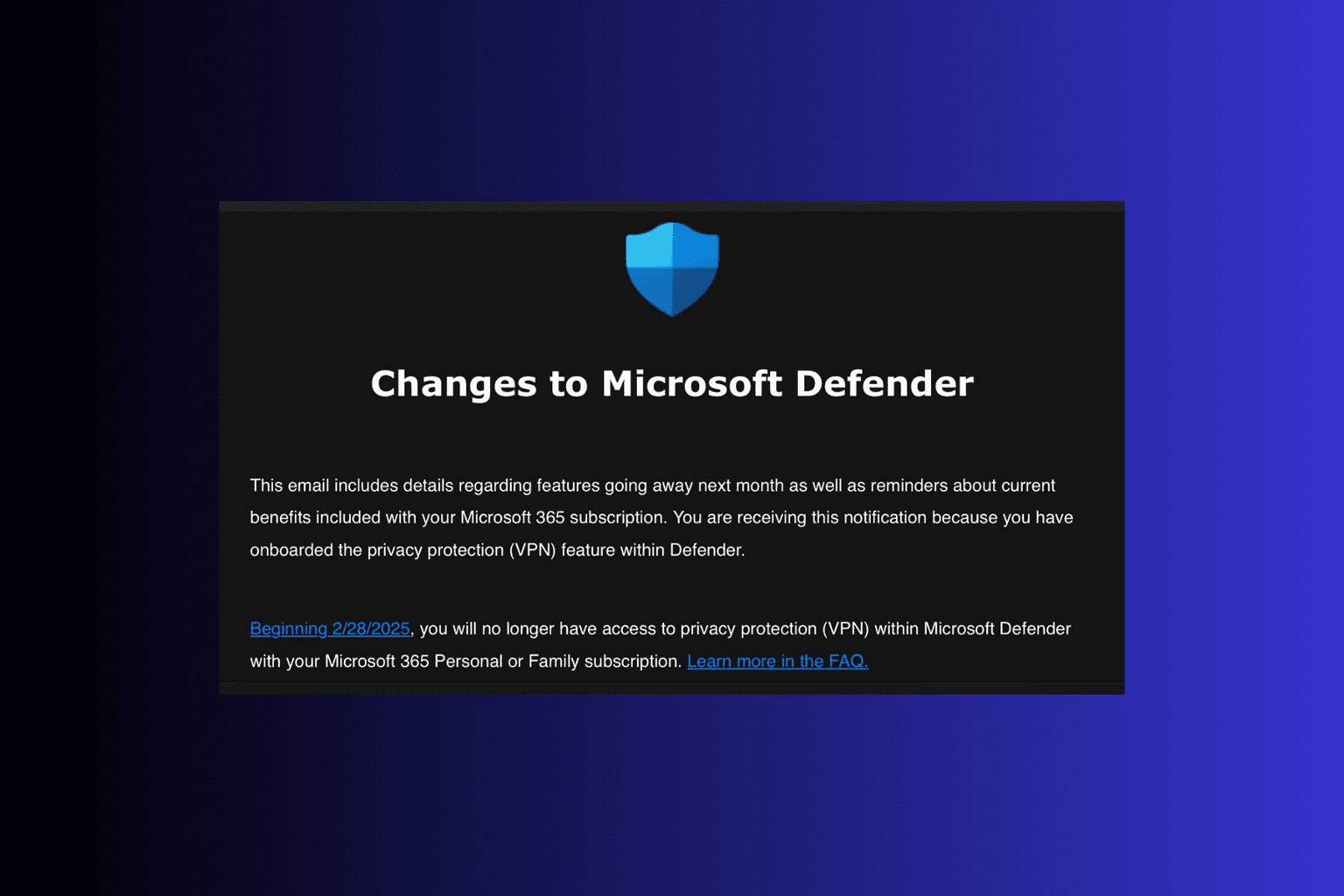
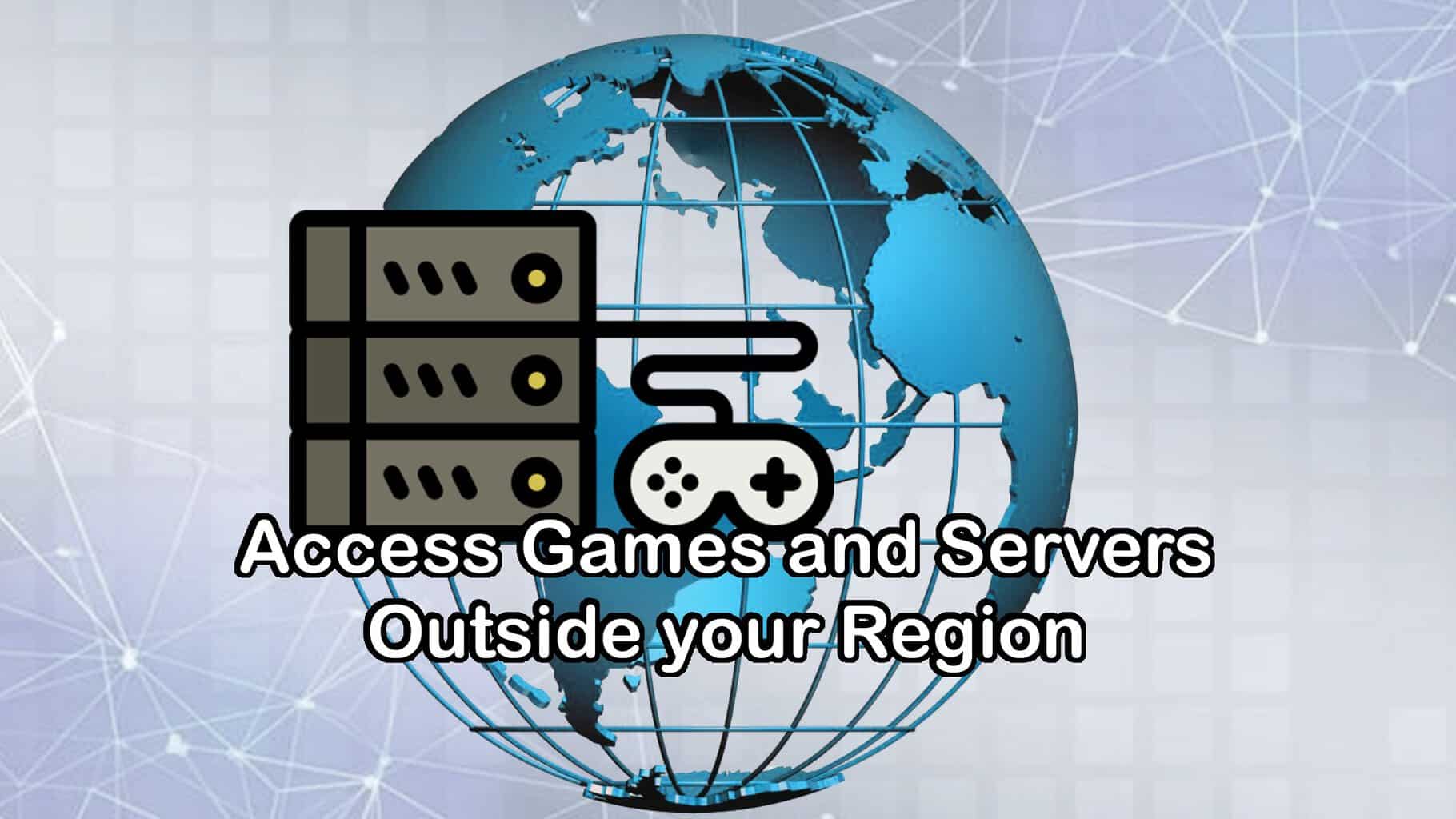
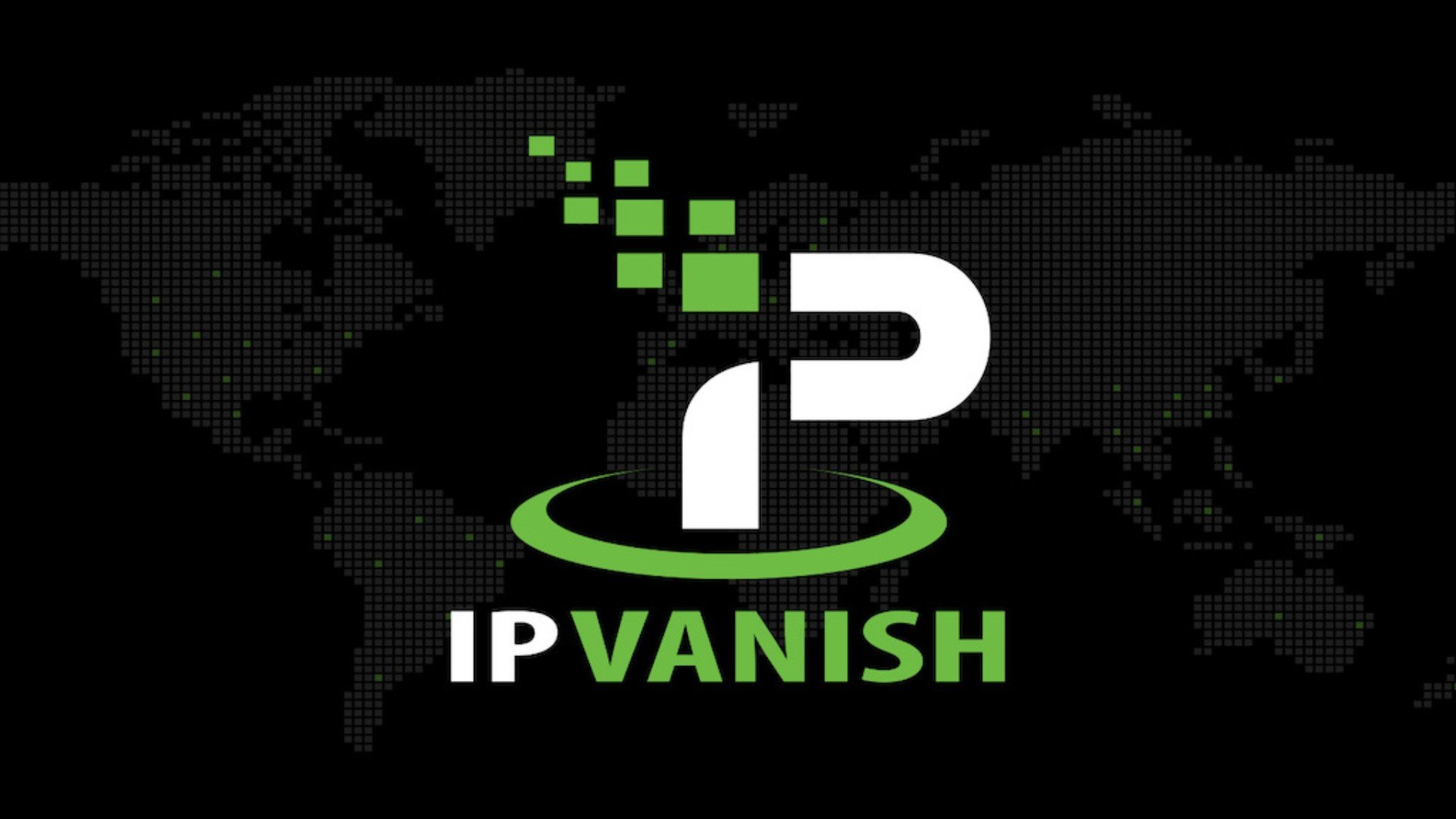
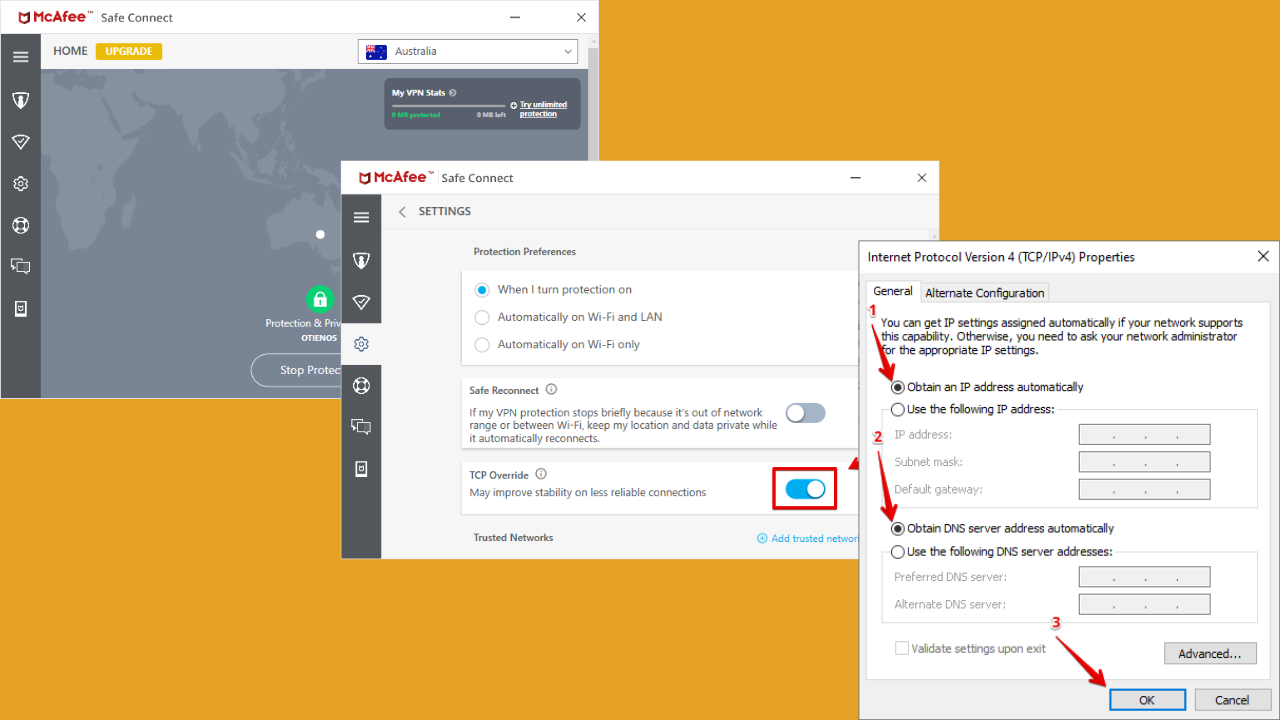
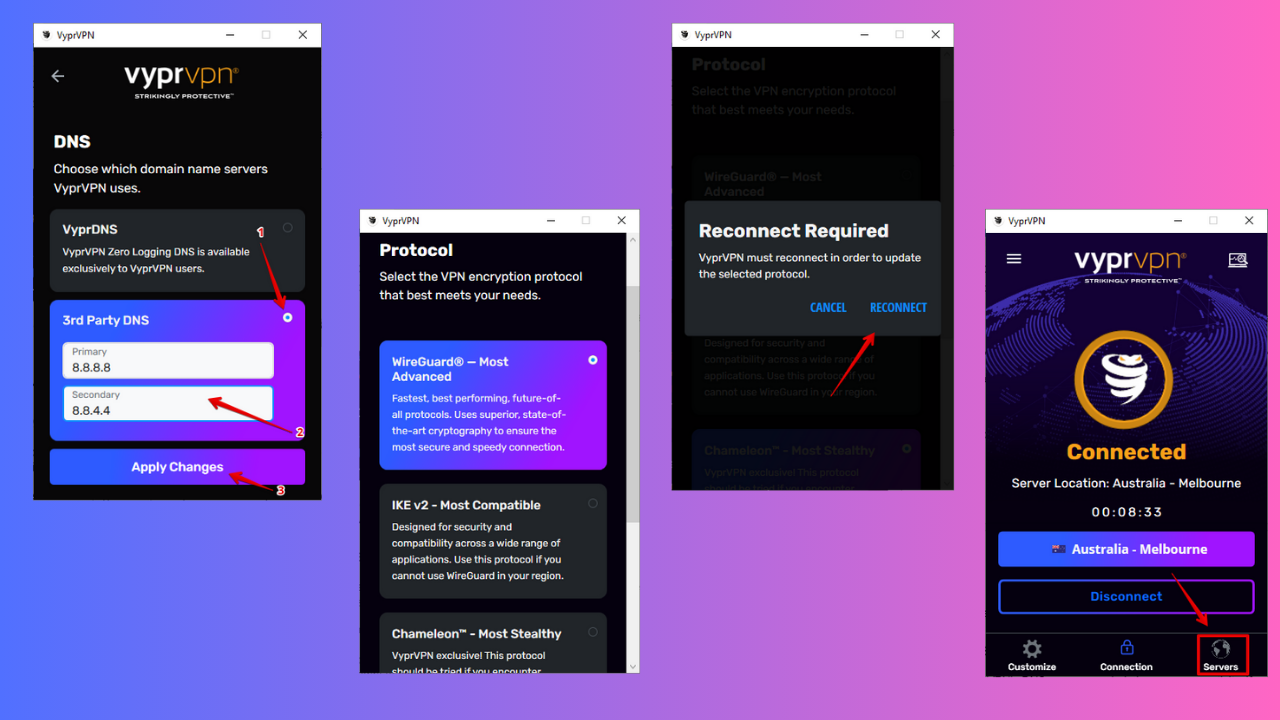
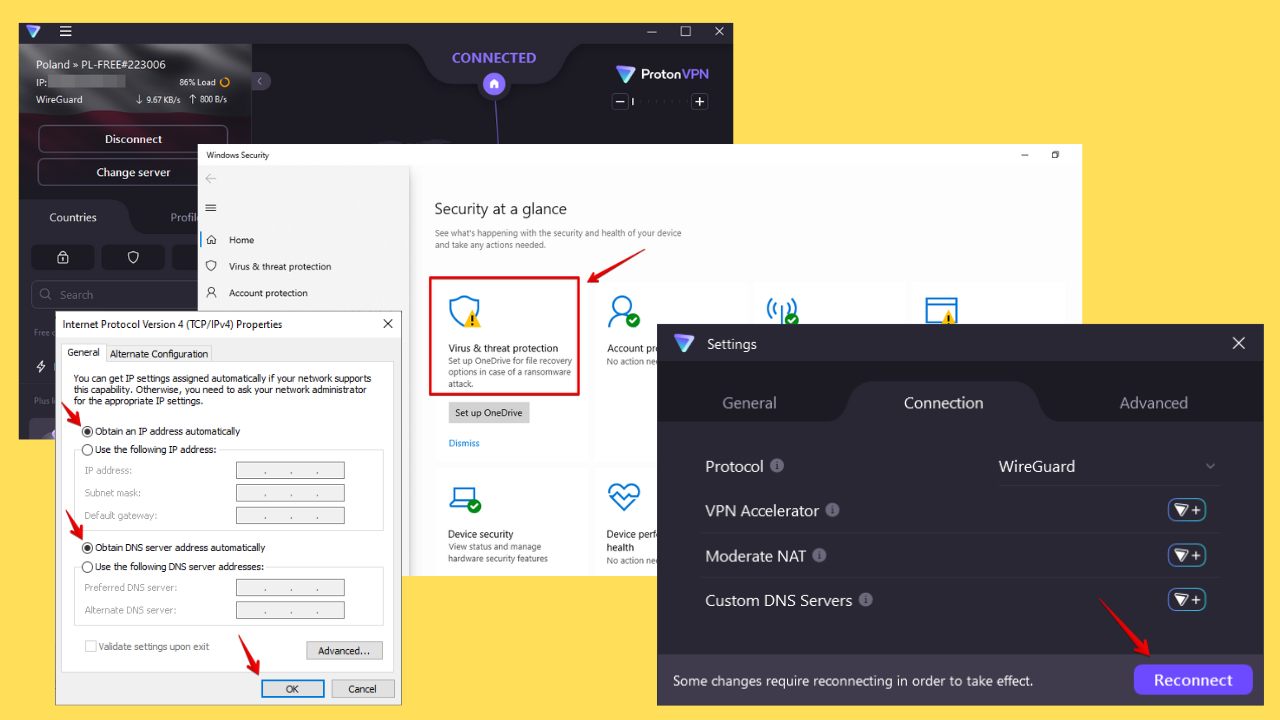
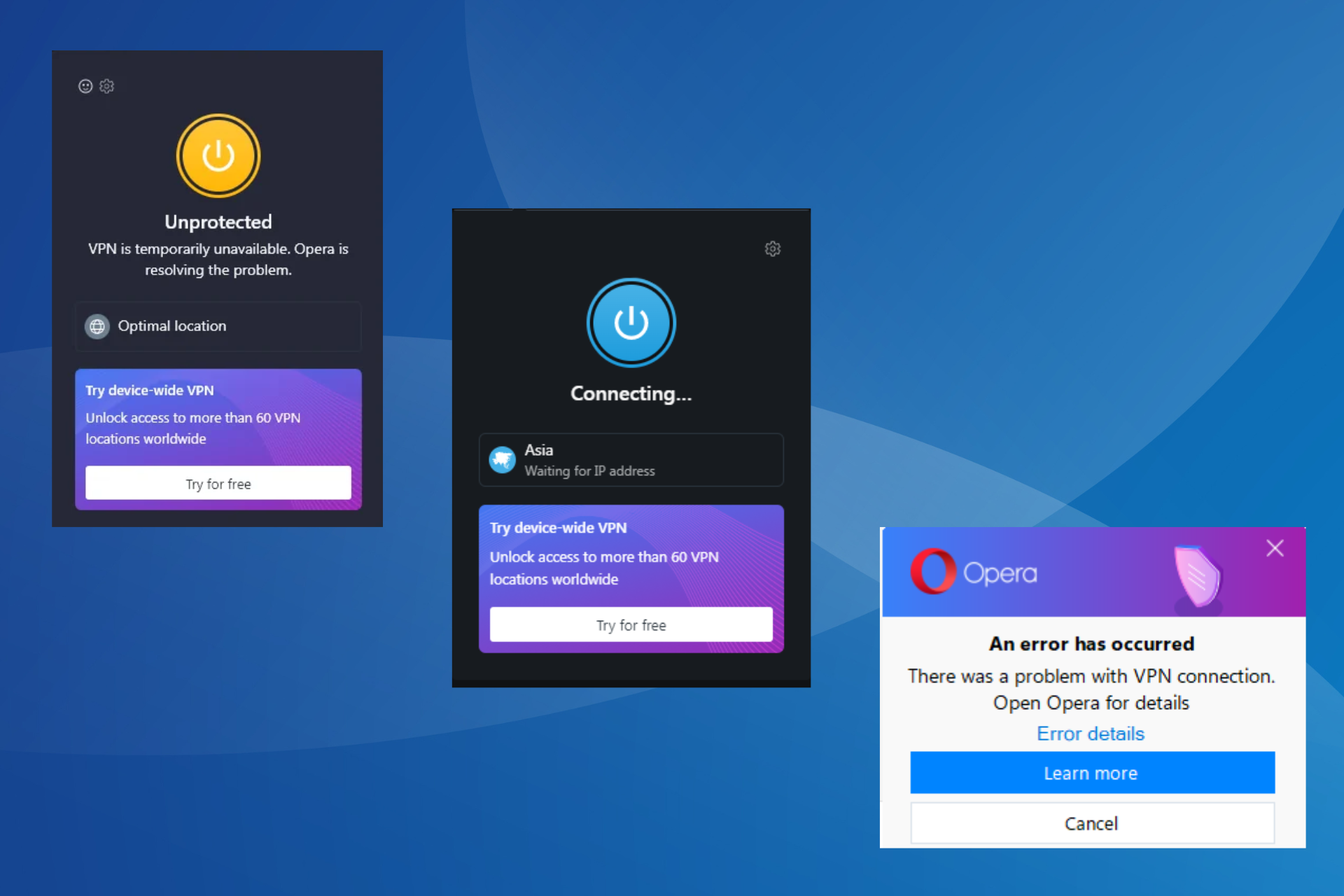

User forum
0 messages